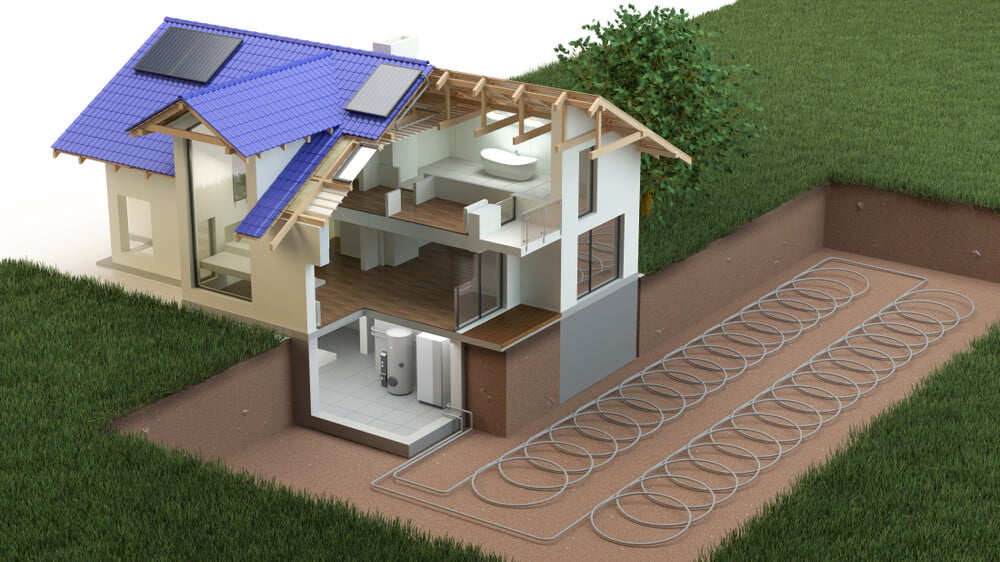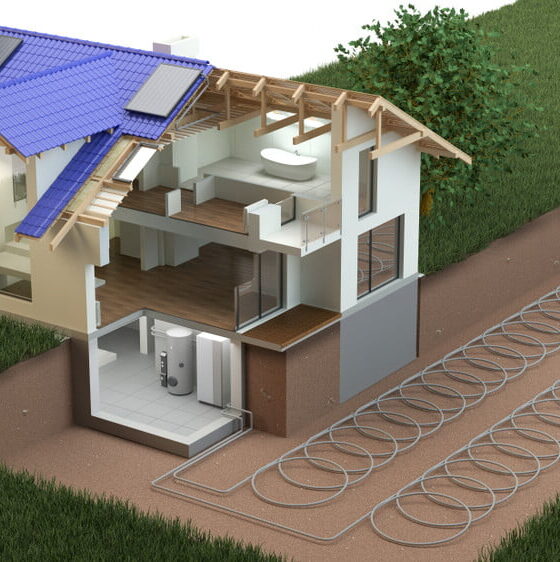

Features
Top Eco-Friendly Heating Systems for Your Home
We all have to do our bit to help the planet, especially as we’re reaching a crucial point in the state of the climate.
2020 was the joint hottest year on record, tying with 2016. However, back in 2016 there was an El Nino event that boosted temperatures. This wasn’t the case last year, and this, combined with the acceleration of human-made CO₂ emissions, is why professors at the Met Office and scientists are concerned.
With President Joe Biden using his first day in office to return the USA to the Paris climate agreement and the UK government bringing the end of the sale of new petrol and diesel cars forward to 2030, it’s clear that there are some major steps being taken to help halt and potentially reverse the damage done.
But what can we do to help make a difference? One of the major changes we can make is to our home heating system. These are one of the major emitters of energy in our daily lives. By opting for energy efficient options, we can reduce our individual carbon footprint.
You need to realize that your existing heating systems might be leaving a larger than ideal carbon footprint. For example, malfunctioning furnaces often have a lot of contaminants that are bad for the planet and aren’t energy efficient. Therefore, you might need a furnace repair to fix them.
Here are some eco-friendly heating ideas for your home.
Insulation
Before you consider investing in a full heating system, it’s worth assessing your insulation. Having the right insulation can be both energy saving, as well as help save money on your energy bills. This is because you’re less likely to need to turn the heating on if your home is at a comfortable temperature.
Start with your loft and weigh up whether you need to replace what’s there. Then you can move on to checking the cavity walls to see if they need to be insulated.
As with all of the heating options we cover, you’ll need to work out costs before you commit and properly budget for the insulation you add.
Geothermal heating
Geothermal heating is where a ground source heat pump absorbs heat from below the earth’s surface where the temperature is higher than above the ground. This means that it can be an effective replacement for fossil fuels if it’s applied in areas where there is a sufficient heat reserve.
There are certain hotspots in the UK where this type of heating is effective, mainly in the North East, Wessex, Cheshire, and Northern Ireland. However, the ground source heat pumps needed can cost from £10,000, so it’s an expensive investment. But they can be cost-effective in the long run as they tend to pay for themselves within 10 years and decrease energy bills.
Solar heating
Of all the heating options, solar energy is the most energy efficient. Solar panels and heating are an investment as, once installed, you don’t need to pay for any additional costs.
You will need to decide what type of solar heating system you want to install. One option heats the air while the other heats liquid in a hydronic collector. The one you choose will depend on whether you currently have a forced air heating system or radiant heating system in place. The former means you’ll need a solar air heating system and the latter, a solar liquid heating system.
Generally, you’ll need to set aside anything from £3,000 to £6,000 for your solar heating system. These prices tend to cover installation costs as well as parts.
Pellet stoves
Pellet stoves are similar to wood stoves, however they use pellets made from renewable materials such as waste products and sawdust. As these materials would usually be thrown away, they’re a low-cost source of fuel. The stoves themselves are also come in at an affordable price-point, averaging at around £1,000.
Therefore, these are both beneficial for the environment as they are burning waste products, and for your budget if you’re looking for wallet-friendly heating alternatives in your home.


 Environment12 months ago
Environment12 months agoAre Polymer Banknotes: an Eco-Friendly Trend or a Groundswell?

 Features11 months ago
Features11 months agoEco-Friendly Cryptocurrencies: Sustainable Investment Choices

 Features12 months ago
Features12 months agoEco-Friendly Crypto Traders Must Find the Right Exchange

 Energy11 months ago
Energy11 months agoThe Growing Role of Solar Panels in Ireland’s Energy Future



























